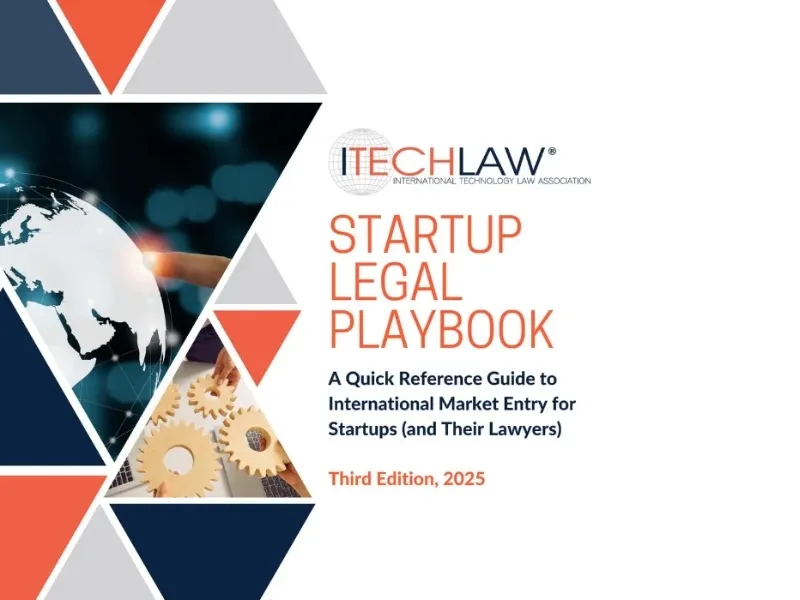The “old” and the “new” NHR Tax Framework for relocation to Portugal.

I. Was the known NHR framework ended in 2023?
Yes. For those who arrive in Portugal in 2024 without any previous connection with the Portuguese territory, the previously existent NHR program is no longer available.
The known NHR is still applicable for those individuals that:
1) On December 31st, 2023, meet the conditions to qualify as residents for tax purposes in Portuguese territory;
2) Become residents for tax purposes until the end of 2024, and who prove, for the purposes of their registration as a non-habitual resident, that one of the following eligible tests is met:
I. Promise or work contract, promise or agreement of secondment concluded until December 31st, 2023, the performance of whose duties is to take place in national territory; or,
II. Lease agreement or other agreement granting the use or possession of real estate in Portuguese territory signed until October 10th, 2023; or
III. Reservation contract or promissory contract for the acquisition of a right in rem over real estate in Portuguese territory signed until October 10th, 2023; or
IV. Enrolment or registration for dependents in an educational establishment in Portuguese territory, completed by October 10th, 2023;
V. Residence visa or residence permit valid until December 31st, 2023;
VI. Procedure, initiated until December 31st, 2023, for granting a residence visa or residence permit, before the competent authorities, in accordance with the legislation in force applicable to immigration, namely through the request for an appointment or actual appointment for submission of the application for a residence visa or residence permit, or by submitting the application for the granting of residence visa or residence permit.
VII. Being a family member of the applicants in any of the situations mentioned above referred
II. What are the practical effects with the termination of the current regime?
Please check the following scenarios:
|
STATUS OF THE APPLICANT |
EFFECTS AND/OR IMPLICATIONS |
|
NHR status already granted by 31/12/2023 |
No implications. The NHR Regime will still be in force for the 10-year period previously approved for each applicant. |
|
Applications already submitted but not granted before the new law comes into force |
For those who acquired the tax residency in Portugal until 31 December 2023, the deadline to request the NHR Regime is 31 March 2024 Applications submitted until 31 March 2024 will be valid and the NHR Regime will be applicable accordingly. |
|
Obtaining the tax residence or the Portuguese residence permit during 2024 |
Check Pont 1 above and 3 below to ascertain the available framework |
III. New ‘NHR’ framework for 2024 onwards
A new special taxation regime named ‘Tax incentive for scientific research and innovation’ will be available also for 10 years (same as the old NHR). This will apply to those who have not lived in Portugal in the previous 5 years.
Under this tax regime, foreign sources of income may be exempt (except pensions) and a flat rate of 20% will apply on employment and self-employment income.
This regime is limited to:
a) Teaching in higher education and scientific research, including scientific employment in entities, structures, and networks within the Portuguese science and technology system, as well as positions on the corporate bodies of entities that were qualified as technology and innovation centres;
b) Qualified jobs in Portuguese companies within the scope of 'contractual benefits towards productive investment', as defined in Chapter II of the Portuguese Investment Tax Code;
c) Listed high qualified jobs defined by the government and developed in:
i. Companies with relevant applications, which benefit or have benefited from the investment support tax regime, in accordance with the Investment Tax Code; or
ii. Industrial and service companies, whose main activity corresponds to a listed activity and that export at least 50% of their turnover;
iii. Listed qualified jobs or corporate bodies members identified by the Portuguese agencies AICEP or IAPMEI as being relevant to the national economy, particularly in the context of attracting productive investment;
iv. R&D employees whose costs are eligible for the purposes of the tax incentive system for research and business development, as defined in the Investment Tax Code;
v. Jobs (employment agreement) and corporate bodies members in entities certified as start-ups under the Portuguese Start-Up Law;
vi. Jobs (employment agreement) and other activities carried out by tax residents in the autonomous regions of the Azores and Madeira, to be defined by regional decree-law.
Those who benefit or benefited from the NHR or opted for the 50% deduction regime available for former tax residents are precluded from this new tax benefit.
IV. Comparison Table
|
CATEGORIES OF INDIVIDUALS |
OLD NHR REGIME |
NEW TAX INCENTIVE FOR SCIENTIFIC RESEARCH AND INNOVATION |
|
Timeline |
Available for 10 years |
|
|
Employment & Self-Employment (Portuguese source) |
Flat rate of 20% Listed activities/job roles only |
|
|
The company did not need to comply with any criteria |
Only eligible companies |
|
|
Employment & Self-Employment (Madeira and Azores source) |
Same as Portugal mainland |
To be defined by decree-law during 2024 |
|
Employment (Foreign source) |
Listed activities/job roles only
Exempt in Portugal if the income is taxed at source, otherwise, it would be taxed in Portugal with a 20% flat rate |
Standard progressive rates up to 48% will apply
A tax credit is available in Portugal for the tax paid abroad, if any |
|
Self-Employment (Foreign source) |
Listed activities/job roles only Exempt (0%) in Portugal if the taxpayer has a fixed installation at source, otherwise, it would be taxed in Portugal with a 20% flat rate |
Standard progressive rates up to 48% will apply
A tax credit is available in Portugal for the tax paid abroad, if any |
|
Investment income (Passive income) |
Exempt in Portugal if the income may be taxed at source according to the applicable DTT (regardless of the listed high activities) |
Possible exemption on foreign income for all the individuals benefiting from the regime above for employees/self-employees (first row) |
|
Pension income |
10% taxation |
Standard progressive rates up to 48% plus surtaxes. Except, pension funds and insurance plans |
V. Tax incentives available for former tax residents
Employees/Contractors/Freelancers (regime known as “Regressar”)
A 50% tax deduction will apply to employment and self-employment (freelancer/contractor) income for a period of 5 years, up to a maximum of Euro 250,000 per year.
To apply for this special tax framework, the individual must comply with all the following criteria:
a) Becoming a tax resident in Portugal between 2024 and 2026;
b) Not have been a tax resident in Portugal in the previous 5 years, ie. starting in 2024 the individual shall not have been a tax resident in the period of 2019-2023; and
c) Have been a resident in Portugal before the period mentioned in b), ie. starting in 2024 the individual shall have been a tax resident in 2018 or before.
In this case the standard progressive rates will apply on the remaining taxable income. Foreign source income may also be subject to tax in Portugal.
For contractors and freelancers, additional deductions to the taxable income may be available during the first and second year.
Those benefiting from the other regimes are precluded from this tax incentive.
VI. Other available regimes for tax residents in Portugal
The Portuguese Personal Income Tax Code provides an attractive and more beneficial regime for income generated through life insurance or pension funds.
Regular investment income is taxable at a flat tax rate of 28%. However, the following portions of income generated by premiums, sums or contributions paid by a life insurance or pension fund during the first half of the respective contractual term representing at least 35% of the entire insurance/fund are exempt from taxation:
a) 20% of the income if the redemption, advance or other forms of anticipation or maturity occurs between the fifth and eight years of the term of the contract (effective rate of 22,4%); or
b) 60% of the income, after the first 8 years of the contract (effective rate of 11,2%).
Other efficient taxation arrangements can be assessed on a case-by-case basis.
Should you need any further advice, please do not hesitate to contact us.




